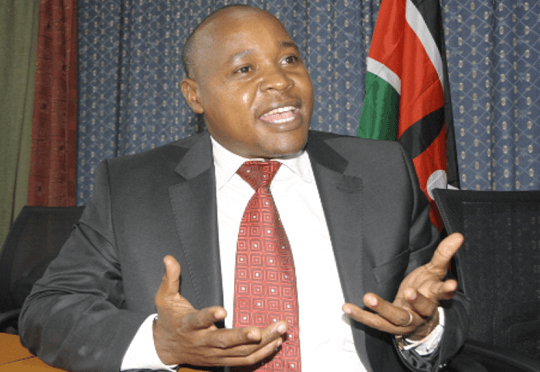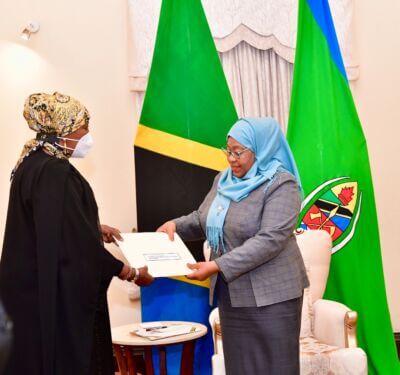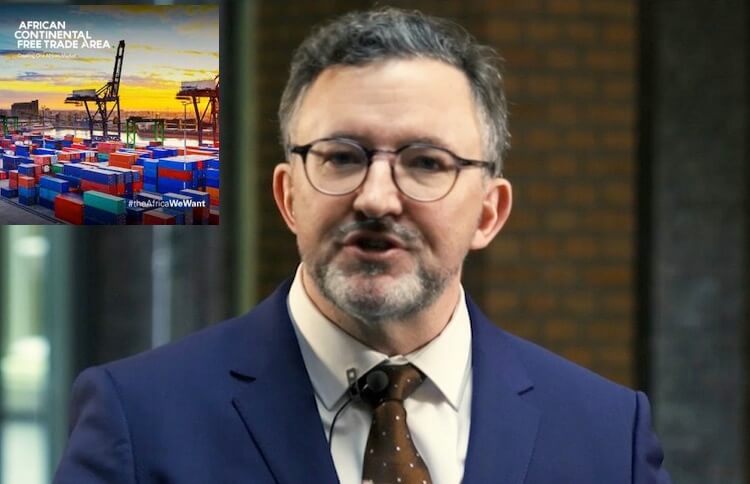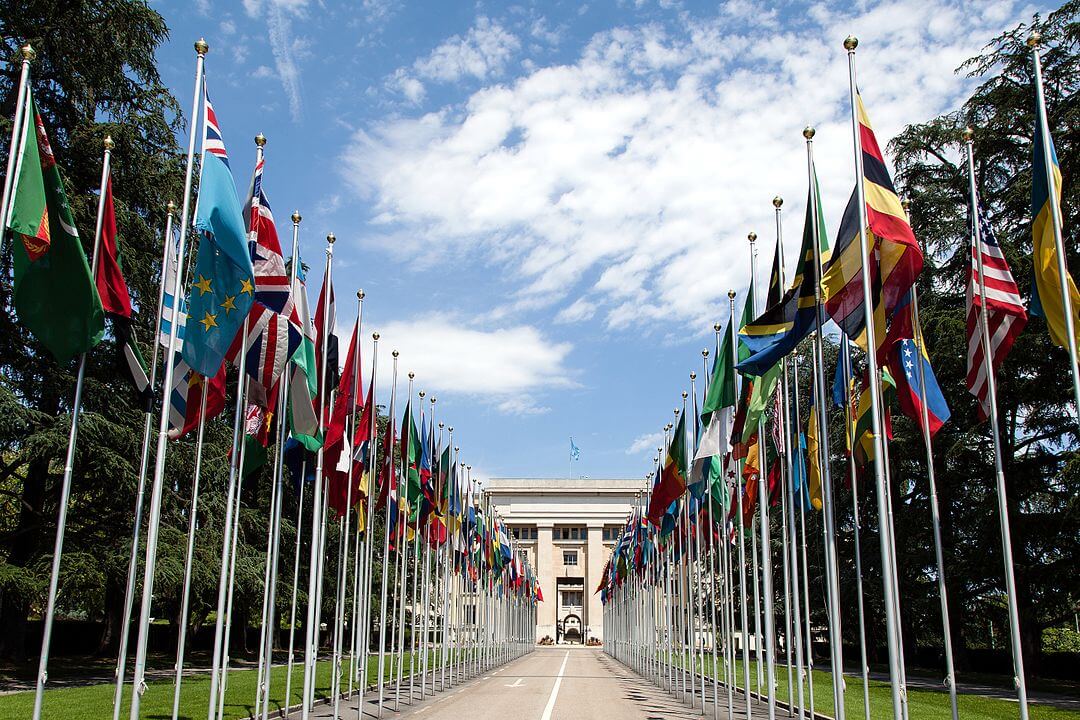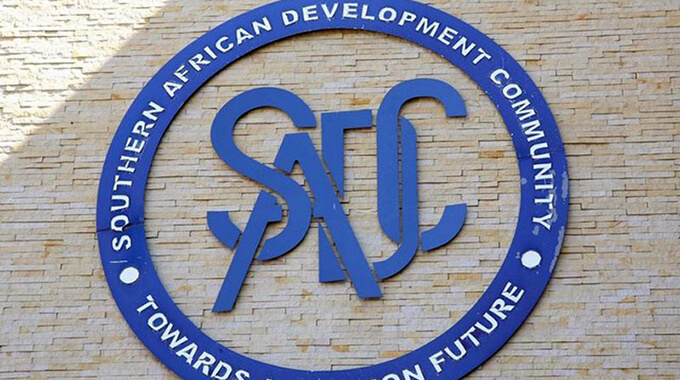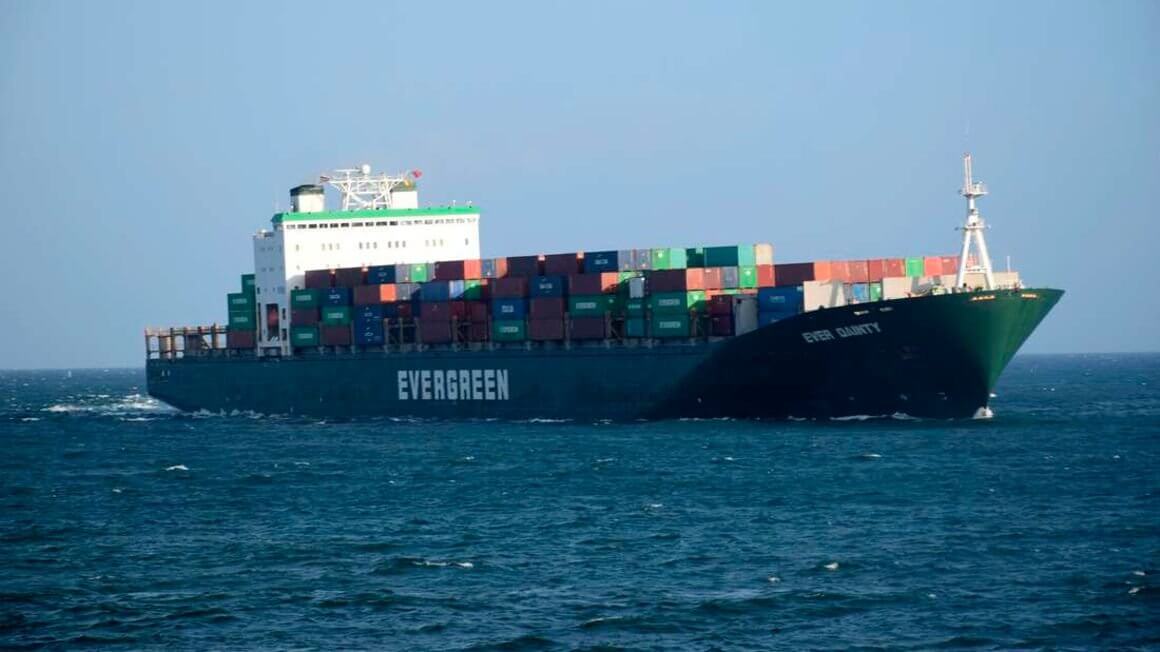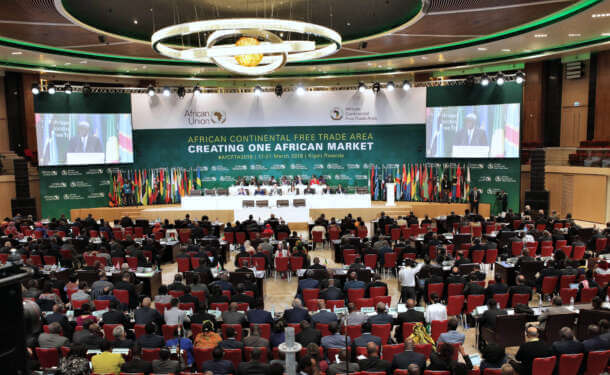THE East African region is gearing to tap into opportunities emerging from the upcoming German Hannover trade fair (Hannover Messe), slated for the 12th -16th April this year. Hannover Messe is the world’s largest and impactful trade fair for promoting industrial technologies, usually held annually in Hannover City, Germany. This year, the fair will sustain its innovative knack as a hybrid knowledge and networking platform, allowing East Africans to participate virtually. The East African Business Council (EABC) in partnership with GIZ- Business Scouts for Development Programme, funded by the German Ministry for Economic Cooperation, BMZ today held a webinar to explore challenges and risks inhibiting industrial transformation in the region and shared insights on opportunities that the bloc can benefit from participating in the fair and its huge conference programme. Additionally, the webinar acted as a kick-off for an upcoming virtual fair training for business organisations fair organisers slated beginning May, 2021; courtesy of Business Scouts for Development. Speaking during the event, EABC Chief Executive Officer (CEO), Dr Peter Mathuki called for digitalisation in the region and exploration of partnerships to diversify the manufacturing base. “Industries in East Africa have been able to repurpose and transform amid the pandemic. Strategic partnerships between Europe and East Africa should build the capacity of industries to tap into the opportunities of the EAC Common Market and African Continental Free Trade Area of 1.3 billion consumers,” Dr Mathuki said. Foreseen opportunities of the Hannover Fair include: exploration of latest developments and know-how within the...
EAC to tap from German Hannover trade fair
Posted on: April 12, 2021
Posted on: April 12, 2021

